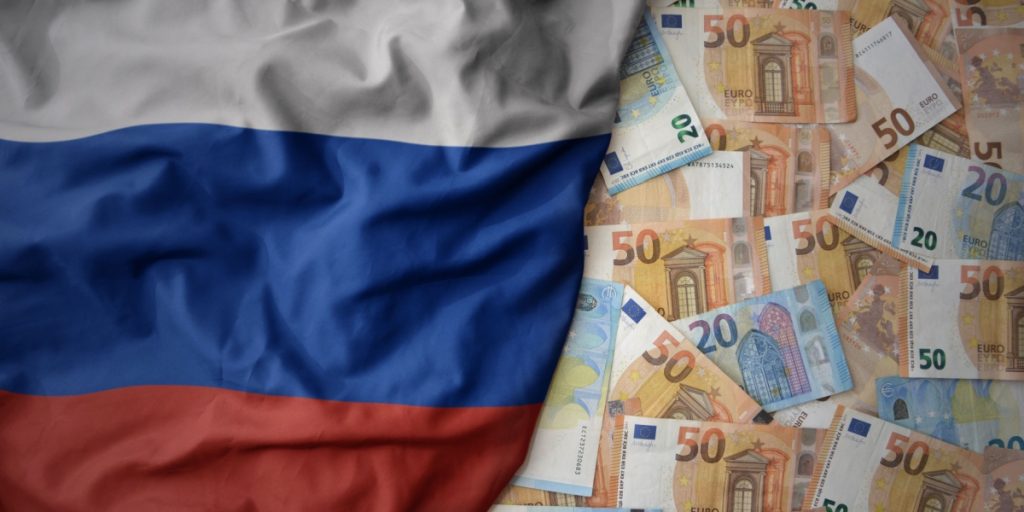It is called The ‘Free Russia’ Passport Plan
Others are reading now
The ‘Free Russia’ Passport Plan
Former world chess champion Garry Kasparov, now a prominent Russian opposition leader who founded and chairs the Renew Democracy Initiative, alongside Mikhail Khodorkovsky, former political prisoner and CEO of Yukos Oil, have proposed a groundbreaking initiative known as the ‘Free Russia’ passport plan. According to Ziare Their vision, outlined in Politico, aims to mobilize anti-Putin Russians into a unified community supporting Western values and Ukrainian sovereignty.
The ongoing war in Ukraine, now in its third year, has seen dwindling Western support amid escalating Russian aggression. Despite recent efforts by the US Congress to provide aid after months of negotiations, the assistance arrived late and with significant costs. Meanwhile, Russia has exploited Kiev’s ammunition shortages, intensifying bombardments of key cities. The EU, too, has adopted a multibillion-euro defense package, yet remains deeply divided on military assistance specifics.
Mobilizing Anti-Putin Russians
Speaking on behalf of Russians who believe in a free and democratic Russia, Kasparov and Khodorkovsky emphasize the critical juncture in Ukraine’s fight for sovereignty. “We have the opportunity to offer millions of Russians the chance to make the moral choice to break away from Putin’s regime,” they declare. By doing so, they aim to mobilize a key community to aid Ukraine’s victory.
Also read
The stakes are high: the freedom and self-determination of millions of Ukrainians are on the line, as is their territorial integrity. Moreover, a victory for Putin’s regime would signal a failure of democracies worldwide to unite firmly in support of fundamental values and members in need.
Implementation and Historical Precedents
In a practical move to bolster international opposition against Putinism, Kasparov and Khodorkovsky propose establishing a unified community of pro-Western Russians under the ‘Free Russia’ banner. Interested individuals would sign the Berlin Declaration, outlining key principles for a Ukrainian victory and a Putin-free Russia. Following necessary verifications, signatories would receive documents recognizing them as members of ‘Free Russia’, facilitating visa applications across participating countries.
Drawing a parallel to historical precedents, such as the Nansen passports issued after World War I for stateless persons, they argue for the transformative potential of international recognition. However, challenges remain, particularly in distinguishing between Russians aligning behind Putin and those seeking to renounce him amid current geopolitical tensions.


